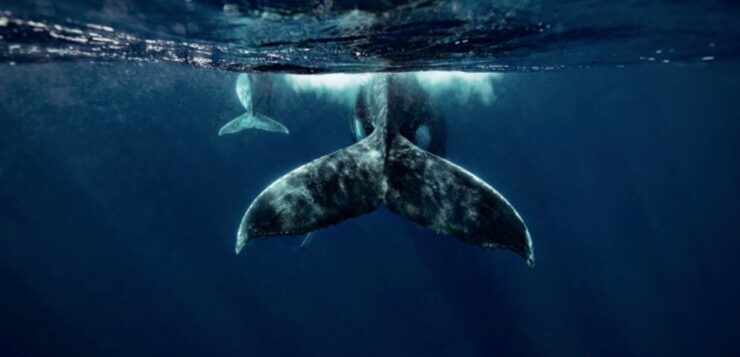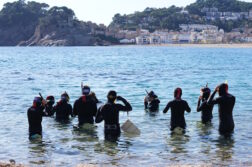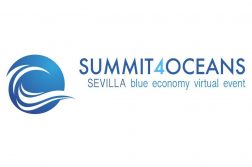The project ‘Business for Ocean Sustainability’ has been honored in the category of Academic Research at the Responsible Business Education awards. The study analyzes a sample of 1664 companies – 69 of which are directly involved in the ocean economy – across 19 industrial sectors. Among the results, it highlights that nearly 90% of the pressure on the oceans comes from activities carried out not directly in the ocean but inland, such as agriculture, food, chemicals, energy, and fashion.
The study, led by Rafael Sardá, a researcher at the Advanced Studies Center of Blanes (CEAB) of the Spanish National Research Council (CSIC), has been awarded in the Academic Research category of the Financial Times’ Responsible Business Education awards, recognizing outstanding work with a real impact on improving companies and entities.
The awarded work investigates the awareness level of the private sector and its actions regarding the pressures on the oceans, such as warming, acidification, overfishing, pollution, or eutrophication, among others. It involves researchers from Bocconi University, the McKinsey Global Institute, and the One Ocean Foundation (all three institutions based in Italy). The results were published in the Ambio journal.
The research “Business for Ocean Sustainability” analyzes a broad sample of 1664 companies – 69 directly involved in the ocean economy – across 19 industrial sectors. The goal is to gather information on what companies are doing to address the challenges facing these marine ecosystems and provide recommendations on practical ways to reduce their impact on the ocean.
Uniting science, environment and economy

As Rafael Sardá explains, “the work diagnoses the awareness and activation of the business world towards sustainability, highlighting the fundamental role of the ocean in sustaining the planet and addressing, in relation to business practices, the global challenges it faces, including the climate crisis”.
The researchers also analyze the direct and indirect pressures generated by industry and consumption on marine and coastal ecosystems. For this analysis, the opinions of 56 expert scientists from leading global research institutions were gathered on the importance of pressures associated with 17 different industrial sectors.
Among the results, it is emphasized that around 90% of the pressure on oceanic ecosystems comes from activities carried out inland, such as agriculture, food, chemicals, energy, and fashion.
Finally, Sardá points out, the research “recommends practices for advancing the economy towards a blue economy, something we still don’t have, by introducing third-generation corporate sustainability systems ‘Business in Nature,’ based on recognizing the need to work to improve the environmental status of seas and oceans, extending companies’ intervention throughout their value chain, advancing ‘innovability’ – a concept that combines innovation and sustainability – and working collaboratively in industries and with other social actors.“
Low awareness of ocean issues
To see how companies respond to these challenges, the study examines their accountability practices and disclosure on the Sustainable Development Goals (SDGs), using the drivers, pressures, state, well-being, and response accounting framework.
According to their 2019 sustainability reports, only 7% of the evaluated companies provided information on SDG 14 Life Below Water. However, 51% of these companies can be considered aware, to varying degrees, of the pressures their industries exert on the oceans. Less than half (44%) engage in mitigation activities, and only 26% are aware and actively leading corporate responses to oceanic challenges.
AI techniques for analysis
The project uses natural language processing and AI to analyze sustainability reports and assess how seriously these companies take challenges related to the oceans.
One of the findings is that, among the United Nations’ Sustainable Development Goals, SDG 14 ‘Life Below Water’ is one of the least prioritized by companies. Only half of them were aware of challenges related to the oceans in their sectors. Those addressing these challenges tended to favor a reactive approach, for example, mitigating risks to meet compliance requirements.
The research recommends practical ways for companies to reduce their impact on the ocean. In fact, a practical outcome of this research is the creation of the Ocean Disclosure Initiative, which works to raise awareness about the pressures companies exert on the ocean, demand the publication of key data, and provide a methodology for classifying business risks related to marine ecosystems.
The award jury praises the research as “comprehensive and a good mix of academic grounding but also practical, raising awareness about a unfortunately little-studied topic.” Alongside it, four other research projects have been awarded in the same category: two from the USA, one from the UK, and another from Germany.





